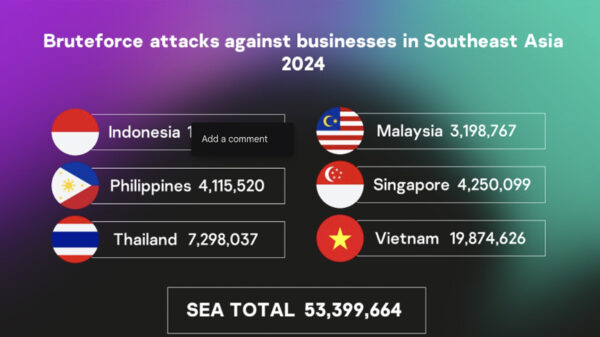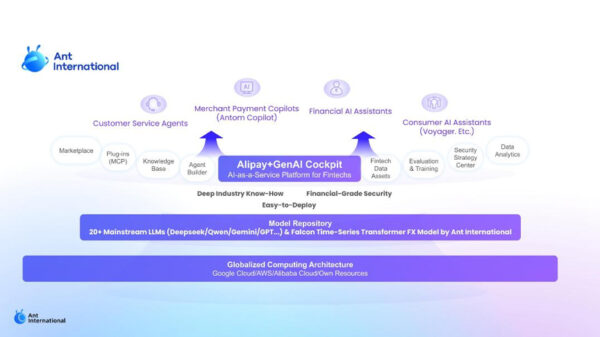According to cybersecurity company Surfshark, children in the Philippines are the second most exposed to online threats globally. The country follows Thailand and, together with Turkey, makes the top 3 countries with the highest online risk exposure levels worldwide. In contrast, children in Japan, Italy, and Spain have the lowest exposure globally.
The study also shows that the highest exposure list-leading Thailand ranks 3rd from the bottom in children’s ability to cope with online risks, following only Uruguay and Saudi Arabia. Local kids don’t have the skills to deal with cyberbullying or other common cyber threats.
Managing exposure to online risks and developing abilities to cope with them have become increasingly important nowadays. Surfshark’s study found that 6 out of 10 children ages 8–12 are exposed to cyber risks online. In addition, 1 in 2 children encounter cyberbullying, and close to one-third experiences other cyber threats such as phishing or hacking.
The number of cybercrimes against children steadily grew each year by 5–9% but sharply spiked by 144% in 2020, after roughly 1B school children worldwide were relocated online for remote learning. In 2020 alone, yearly financial losses from cybercrimes against children reached US$ 660,000 (YoY decrease by 32%).
To put it in perspective, in the US only, around 12M children were exposed to cyber risks, 9M were affected by cyberbullying, and 6M experienced cyber threats in the past three years.
Naturally, children in nations with the lowest online presence are the least likely to be cyberbullied or fall victim to cyber dangers such as phishing or even hacking. However, online safety education plays one of the most important roles in children’s ability to cope with cyberbullying, phishing, and other cyberthreats.
“Through this study, we can see that educating children about cyberthreats plays a massive role in them knowing how to deal with any problems that may arise online. Every child is an individual. They all seek different things from their online experience, handling danger differently. There is no one-size-fits-all approach to discussing online safety with your children. Instead, you must discover ways to converse with them and assist them in understanding what to do”, says Aleksandr Valentij.
Interestingly, low and lower-middle-income countries have better online safety education than the rich ones.
High-income countries like Saudi Arabia and Uruguay have basically non-existent online safety education, scoring 6.5 and 2 out of 100. Thus, it does not surprise that children in Saudi Arabia and Uruguay are the least prepared to deal with online threats.
On the other hand, children in Asia-Pacific countries (India, Malaysia, Japan, Australia, and New Zealand) have the strongest online risk management skills. India has 30% stronger online safety education programs than the global average, while Malaysia, Australia, and New Zealand have even stronger online safety education programs than India.
How to talk with children about online safety
As the vulnerability of children’s well-being online grows, cybersecurity expert Aleksandr Valentij shares six tips on how to talk about cybersecurity with your kids:
Educate young children. Use child-friendly educational sources like the interactive cartoons. Educate children to avoid sharing personal information, photos, and videos online.
Discuss internet safety. Focus on empowering children, not scaring them when it comes to using the internet. Make sure your child knows what is safe to do online and what is not.
Build trust. Let your child know that they can approach you with any questions or concerns. Create a trusting, respectful environment by encouraging children to tell a parent or trusted adult if they encounter a cyberthreat.
Use cybersecurity tools. Use the right tools to help keep them safe (e.g., antivirus, VPN, content blocker, ad blocker, etc.). Help your child to run regular scans together with firewalls and email filters to further decrease the risks, such as ransomware.
Change passwords. If the password for your child’s email or gaming platform gets leaked, help your child change it immediately. Even better is to use password managers to generate new passwords and avoid using weak ones.
Set up internet rules. Adjust privacy settings and use parental controls for online games, apps, social media sites, and other websites. Keep your computer in an open area and consider setting time limits on all devices.













































































































